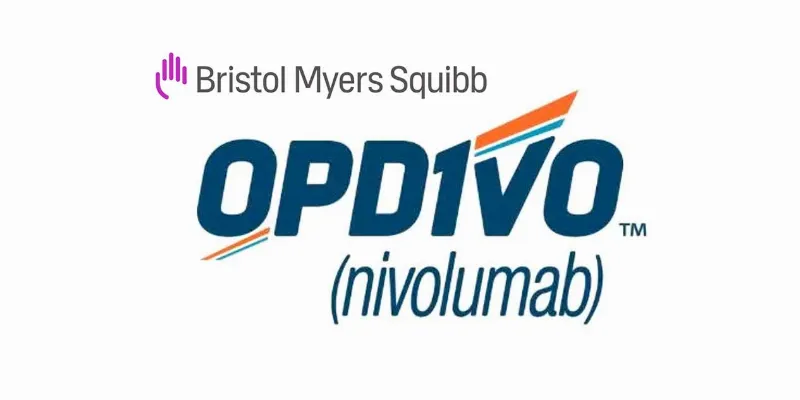BMS's Subcutaneous Opdivo Shows Promise in Kidney Cancer Treatment

20 October 2023
Bristol Myers Squibb (BMS), alongside Halozyme Therapeutics, announced positive outcomes from their phase 3 trial of a subcutaneous version of the cancer drug Opdivo. This new delivery method, which takes under five minutes, offers a faster alternative to the traditional intravenous administration. The trial's success could transform treatment experiences for kidney cancer patients.
Bristol Myers Squibb (BMS), in collaboration with Halozyme Therapeutics, has announced positive results from their recent phase 3 CheckMate-67T trial concerning the subcutaneous version of Opdivo (nivolumab) for advanced or metastatic clear cell renal cell carcinoma (ccRCC). This development marks a significant shift from the standard intravenous method of administration, offering a more convenient delivery option for patients.
The trial demonstrated that the subcutaneous formulation of Opdivo met its co-primary endpoints, showing noninferiority concerning two pharmacokinetics markers. Additionally, the objective response rate (ORR) was matched as a secondary endpoint, underlining its efficacy in patients with advanced or metastatic ccRCC who have previously undergone systemic therapy. These findings signal the potential of this version to transform the treatment experience for both patients and healthcare providers.
The subcutaneous version of Opdivo, formulated with Halozyme's proprietary recombinant human hyaluronidase (rHuPH20), offers a quicker administration method, taking less than five minutes. This is a marked improvement over the 30 to 60-minute window required for intravenous delivery.
Gina Fusaro, Ph.D., vice president, global program lead at Bristol Myers Squibb, expressed her enthusiasm over the results, emphasizing the potential benefits to both patients and the healthcare system. She believes that this new method could significantly enhance the treatment experience for all parties involved.
This breakthrough follows the discontinuation of the auto-injected version of Opdivo. The decision was primarily based on the lack of added benefits from continuing that program, according to Samit Hirawat, BMS's chief medical officer. However, the success of the subcutaneous version presents new possibilities for the drug's administration, especially considering its significant sales figures. In 2022 alone, Opdivo accounted for $8.25 billion in sales for BMS, marking a 10% increase from the prior year.
BMS is not alone in its pursuit of more convenient delivery methods for PD-1/L1 treatments. Other pharmaceutical giants like Roche and Merck are also exploring subcutaneous formulations for their respective cancer therapies. This development, coupled with the FDA's recent nod for Opdivo in treating earlier-stage melanoma, indicates a promising trajectory for the drug's future applications.
Phase 3 CheckMate -67T Trial of Subcutaneous Nivolumab (nivolumab and hyaluronidase)...
Subcutaneous nivolumab demonstrates noninferior pharmacokinetics (co-primary endpoints) and objective response rate (key secondary endpoint) compared to intravenous Opdivo (nivolumab). In the first ever disclosure for the subcutaneous formulation of Opdivo, the CheckMate -67T Phase 3 trial demonstrates activity in advanced or metastatic clear cell renal cell carcinoma. Company plans to engage in discussions with health authorities regarding next steps for submission and approval of subcutaneous nivolumab across multiple indications.











Comments
No Comments Yet!